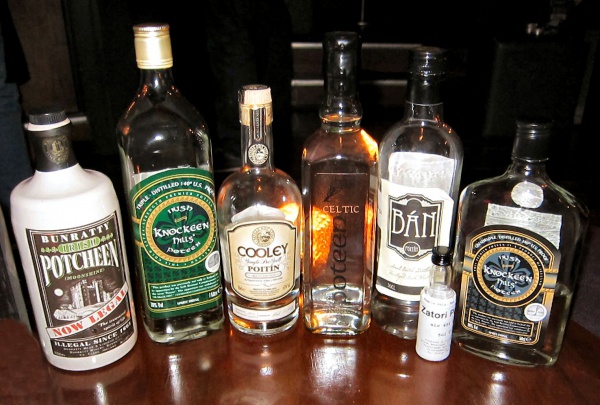Facts About Poitín
Poitín, often spelled as potcheen, poteen, or potheen, is a traditional Irish spirit that has been crafted for centuries. The name "poitín" derives from the Irish word "pota" meaning pot, which hints at its humble origins in small pot stills. This potent drink can be made from a variety of ingredients, including cereals, grain, whey, sugar beet, molasses, and potatoes, as outlined in the Irish Poteen/Irish Poitín technical file.
Poitín’s legal status has evolved significantly over time. Today, commercially produced poitín can be found in Ireland. In 2008, it gained Geographical Indicative Status from the European Union Council and Parliament, recognizing and protecting it as a product unique to Ireland. This recognition was further solidified in 2015 when the Irish Government adopted a Geographical Indication technical file specifying the production criteria necessary for the spirit to be named "Irish Poitín."
Historically, poitín was often produced clandestinely in rural locations to evade legal repercussions. The process involved creating a wash, fermenting it, and then distilling it in copper pot stills. Traditionally, malted barley was the primary ingredient, but today's poitín can also be made from treacle, corn, or potatoes. The quality of the final product often depended on the distiller's skill and the caliber of the equipment used.
Poitín has also found its way into popular culture, appearing in films, documentaries, and traditional Irish songs. For instance, the documentary "Déantús an Phoitín" ("Poteen Making") explores its production, and the 1979 film "Poitín" tells the gripping story of an illegal distiller in Connemara. Traditional Irish songs often celebrate poitín, showcasing its deep-rooted cultural significance.

 United Kingdom
United Kingdom